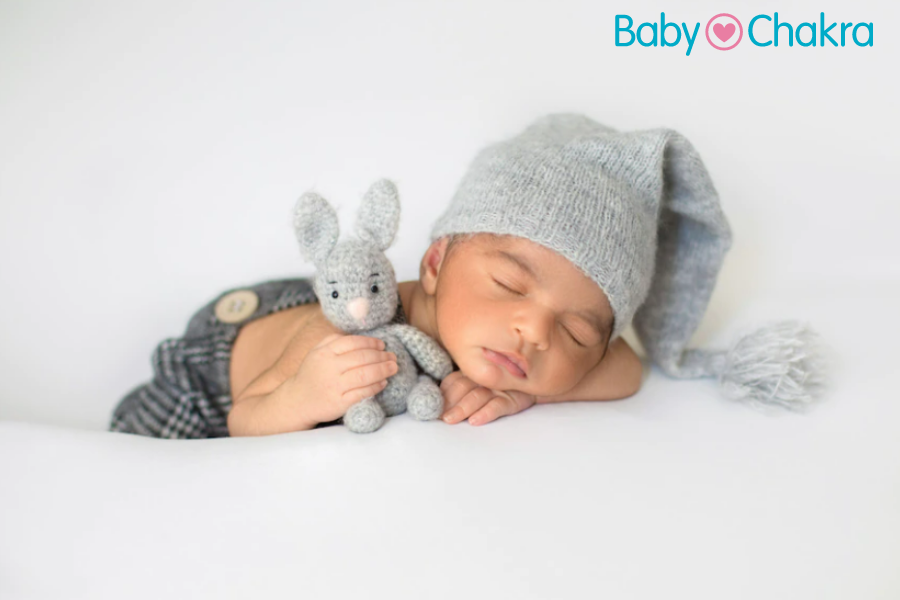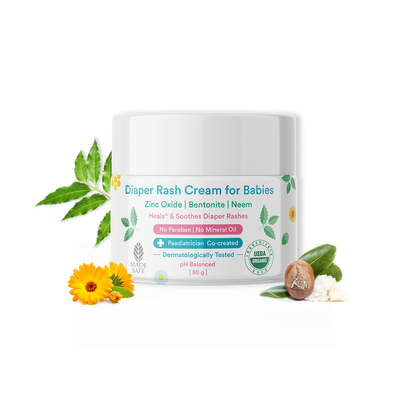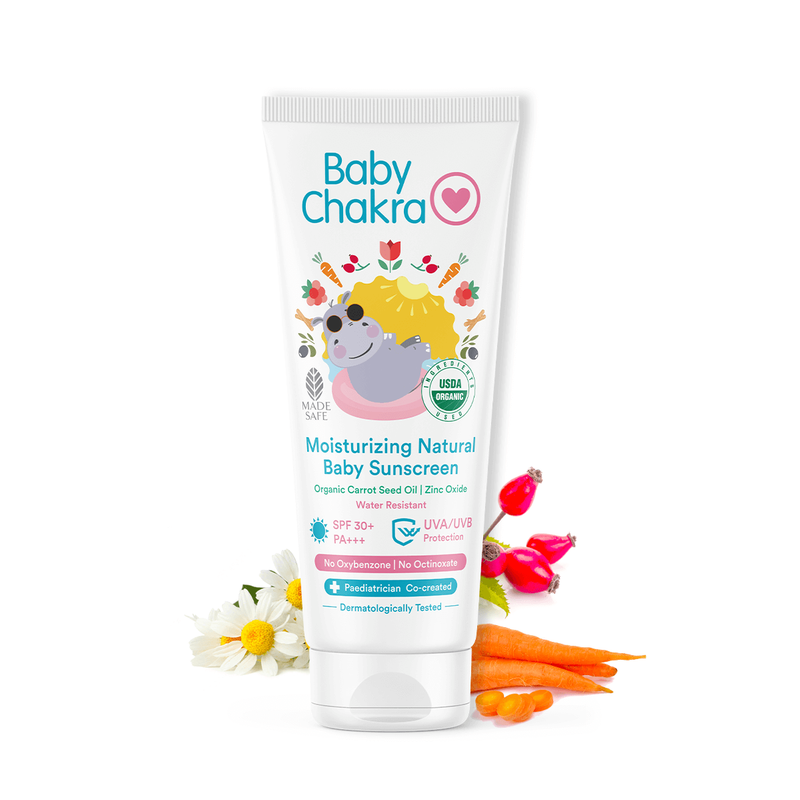
5 Surprising Facts About A Newborn’s Skin
20 Oct 2022 | 4 min Read
Manisha Pradhan
Author | 1053 Articles
Did you know that the phrase ‘baby skin’ is a myth? Your newborn’s skin or epidermis is the largest organ in the body and for the first few months of your newborn’s life, their skin is not as soft and smooth as believed but it’s bumpy, blotchy and may even have some rashes. You will be surprised to know some facts about a newborn’s skin. A newborn’s skin is delicate that’s the reason why #LabelPadhoMoms before you buy any skincare products like diaper rash creams, sunscreen, baby wash, or wipes for your babies.
When a baby is born its skin is covered with lanugo or very fine hair and may be covered with a cheese-like substance that protects the baby’s skin in the utero from amniotic fluid. Their skin may also appear greasy. The skin may also be reddish purple. If your baby’s skin is yellowish then it could be a sign of jaundice.
Here are some surprising facts about a newborn’s skin
Facts About A Newborn’s Skin
A newborn’s skin can take about six to seven months to get the actual colour. There are other facts about a newborn’s skin we bet you didn’t know about.
Burns Very Easily
Since melanin(the pigment that helps absorb the sun’s rays) is still forming a newborn’s skin burns more easily than grown-up skin. This can cause serious sunburns in babies. It’s essential to protect the baby’s skin with a natural sunscreen like the BabyChakra Natural Baby Sunscreen, especially if you step out with your newborn.
Prone To Rashes
If you were under the impression that babies are born with perfect, soft, smooth skin, you may worry yourself sick when you see a rash on your newborn’s skin. There is no need to fret, as almost all babies are prone to skin rashes in the first few months of life.
- Milia: Skin rashes like Milia or white heads that look like little yellow or white dots, may appear all over their little faces. According to a report, About forty per cent of babies are born with milia.
- Baby Acne: Newborns like adults, also have acne but it is different from adult acne. Also known as neonatal acne, this is a common newborn skin condition, which appears when the baby is around two weeks old. These look like pimples and bumps and can be seen on a newborn’s cheeks, forehead, eyelids and chin. that occurs in more than one in five healthy newborns.
- Newborn Rash: These rashes are red and may cover the baby’s body, starting with the back and chest. These rashes disappear in about two weeks.
Skin Color Changes
A newborn’s skin usually is reddish-purple when they are born for the first few weeks of life but the colour gradually changes.
Paper-Thin Skin
Yes, you read that right, a newborn’s skin is almost paper-thin, which means it is very delicate and needs extra care. That’s the reason why when newborns cry or are feeling hot, the skin turns mottled and pink and if they are feeling cold, you may notice that their skin turns blue. The skin thickens when the baby is around a year old.
Extremely Sensitive
A newborn’s skin is extremely sensitive and there are advantages and disadvantages to that. The disadvantage is that babies get breakouts and rashes easily as they learn to adapt to the new environment outside, however, the advantage is that every time you massage or caress your little one, it stimulates their feel-good hormone and helps you bond with your baby. That’s the reason why massaging a newborn is an important part of baby care.
Things You Should Know
Did you know that a mother’s hormones are to be blamed for some of the skin conditions in babies? A mother’s hormones make their way through the placenta and into the baby causing excess oil production. Not just the baby’s skin but also the condition of the cradle cap is caused by a mother’s hormones.
Too much bathing or washing can dry out a baby’s skin and make it prone to infections and rashes. Instead of bathing your baby daily, you can wipe the baby’s body with natural baby wipes or a damp, clean washcloth.
Choose chemical-free products to keep your baby’s skin rash-free and healthy.
Cover image source: freepik
A


Suggestions offered by doctors on BabyChakra are of advisory nature i.e., for educational and informational purposes only. Content posted on, created for, or compiled by BabyChakra is not intended or designed to replace your doctor's independent judgment about any symptom, condition, or the appropriateness or risks of a procedure or treatment for a given person.


